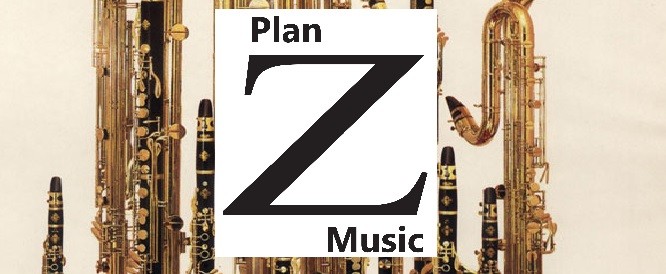I conduct a lunchtime music theory class at my girls’ grammar school. We have advertised it as Fast Track Grade 5 Theory from Scratch and it is aimed at students who have been taking graded exams up to Grade 5, want to continue, but have never done any theory. This is a common situation, especially among those whose first musical experience was taking up an orchestral instrument at the end of junior school or after starting secondary school. I am still surprised that children can get up to Grade 5 on an instrument without even a scintilla of theoretical background being explained to them by their instrumental teacher; it’s a bit like trying to learn a language without paying any regard to grammar.
The Associated Board of the Royal Schools of Music recently changed the syllabus for Grade 5 Theory, removing the option of melody-writing or word-setting. This was the one section of the exam which required the candidate to look at music on the page and hear it mentally. The whole paper can now be completed by a robot. Whilst my students are rather more than that, I have every expectation that even those with little musical aptitude can pass with at least 90%.
The students in my group, some of the most intelligent children I have ever taught, are earnest, attentive and utterly delightful; though I sometimes wish they would be a bit more shouty and combative. Some years ago, I taught at a major public school for boys. The students were spectacularly wealthy, often rather dim and imbued with a profound sense of entitlement. The meek do not inherit the earth.
Plan Z Music
Educational Music Publisher
